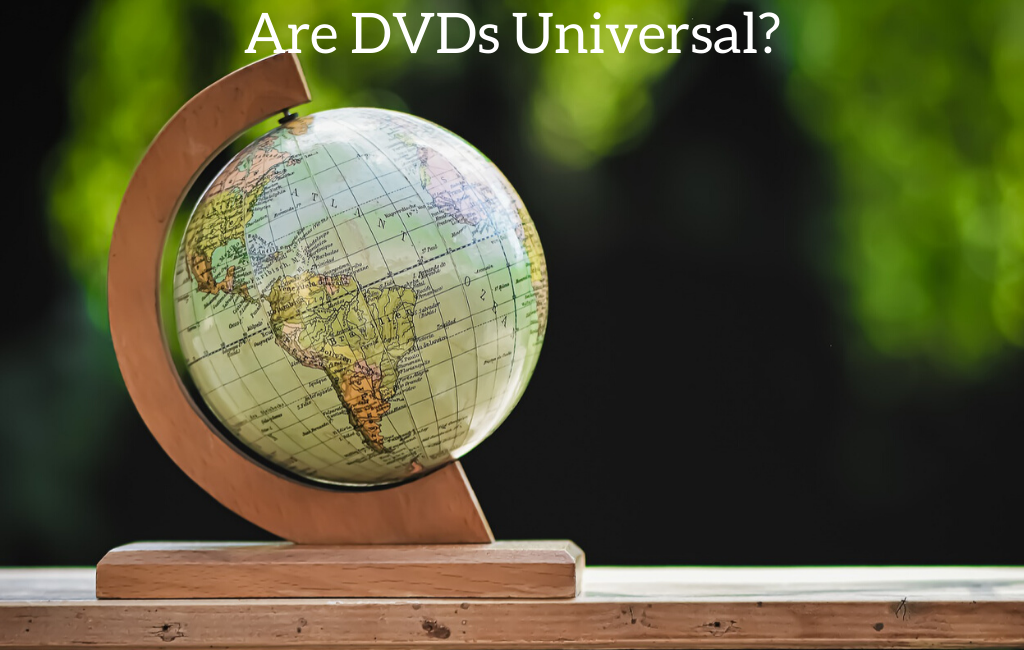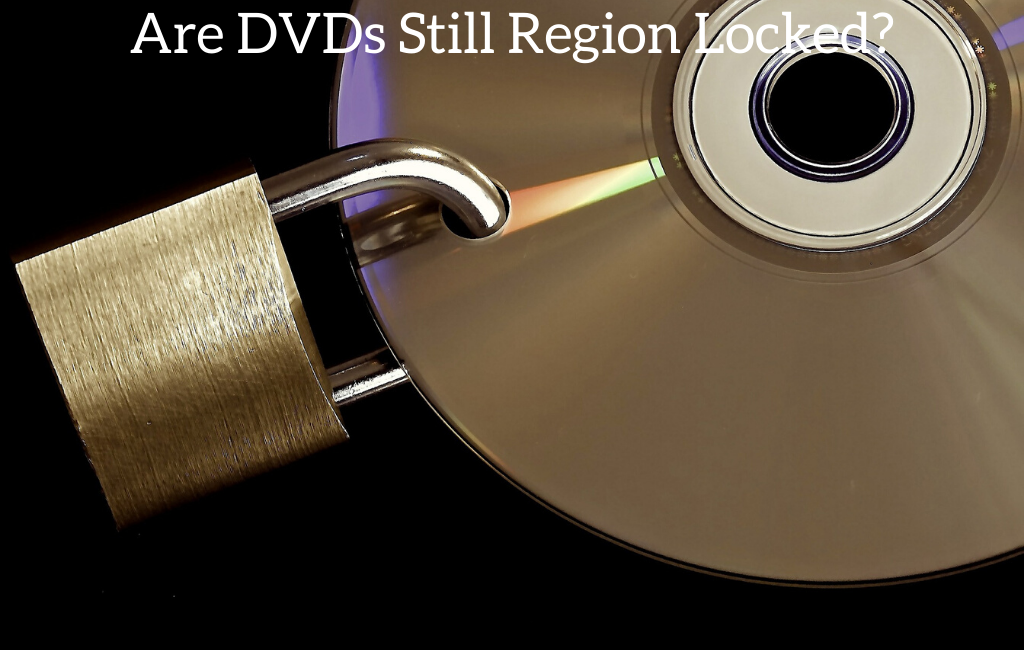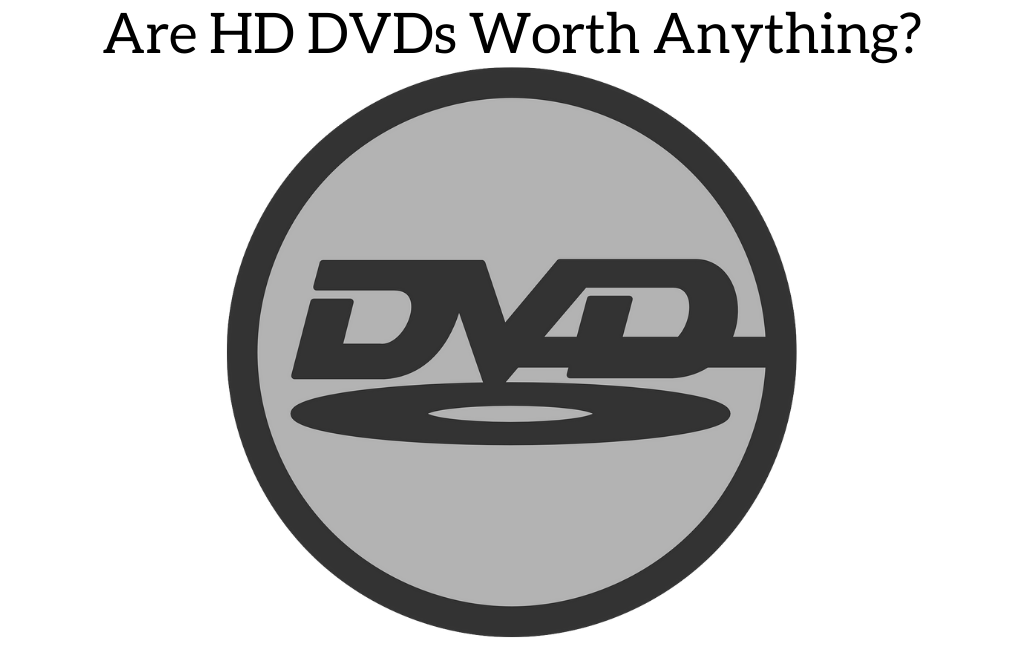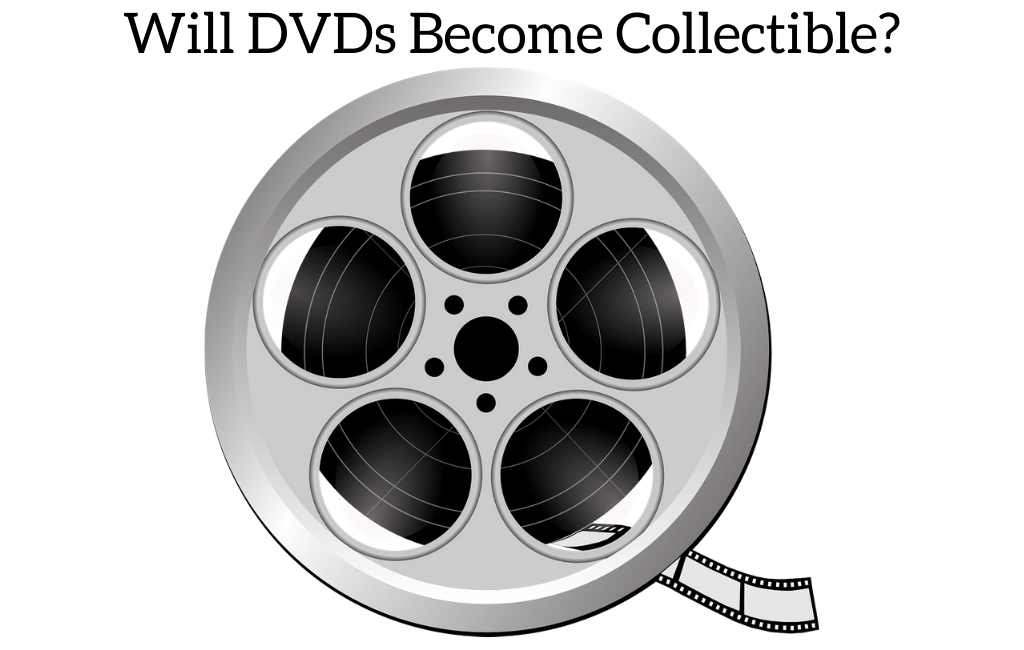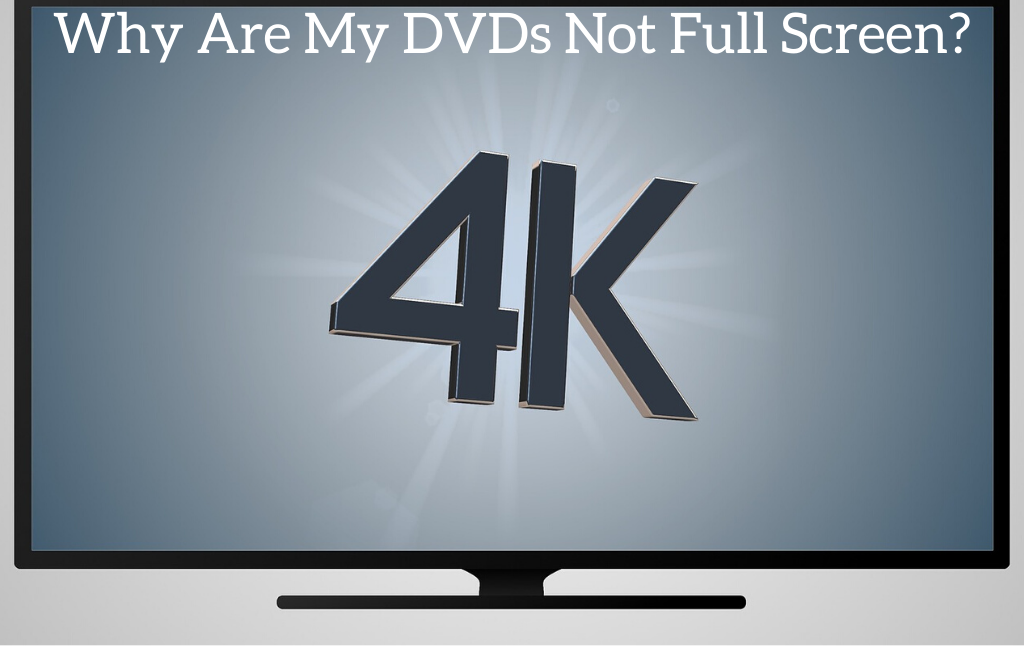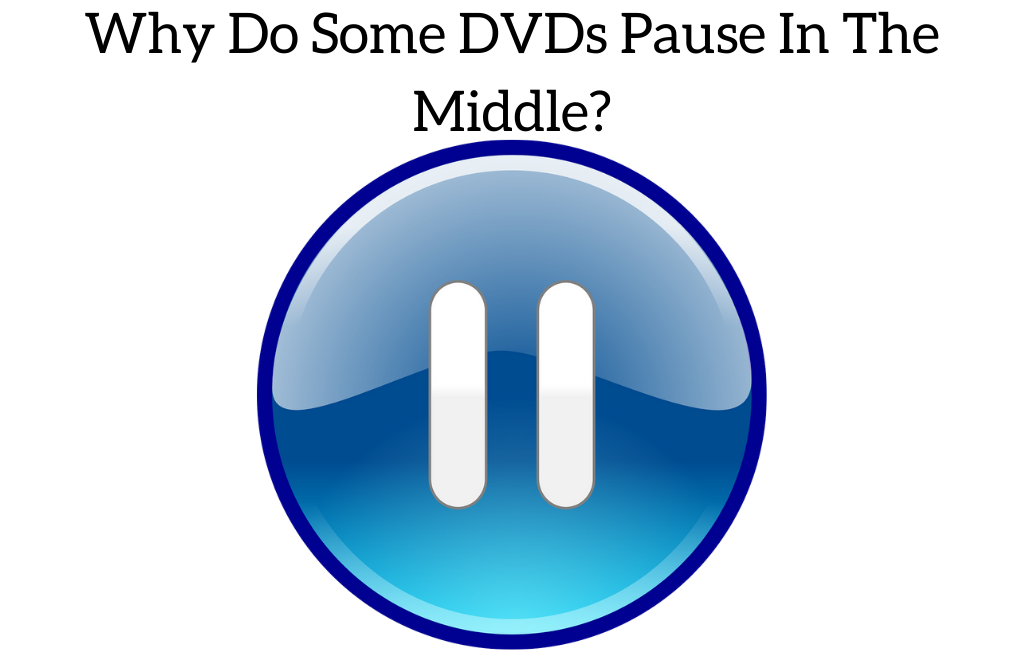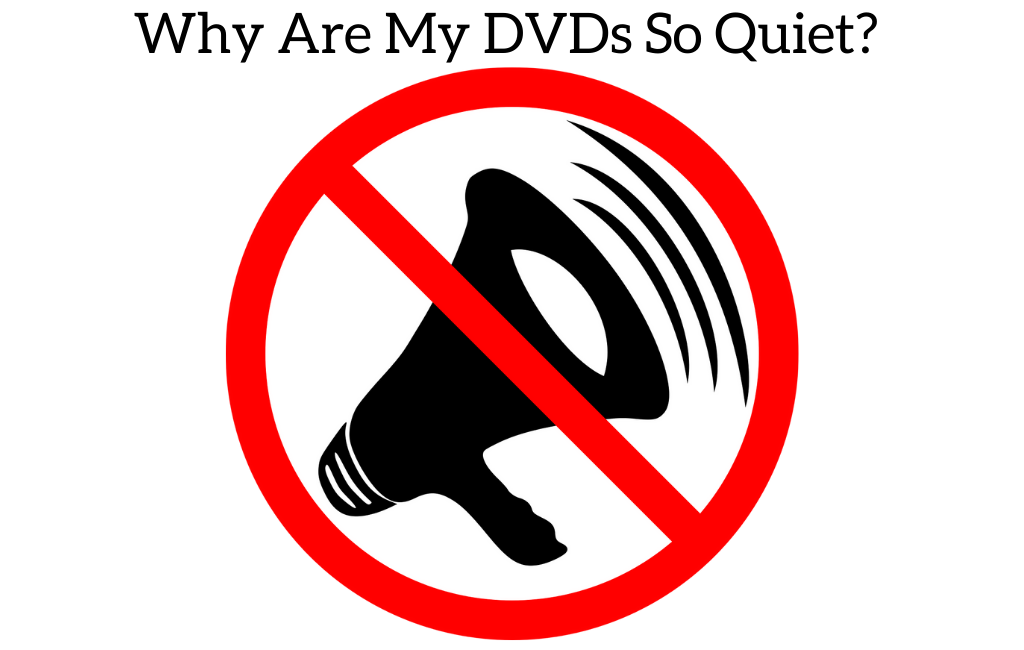The VHS and the DVD were both popular methods of watching movies and TV shows back in the day. From cheesy home videos to movies in the theater, these were widely used means of video recording and communication within the masses. An ongoing and heavy debate is to determine which of both the VHS and the DVD is better.
So, are DVDs better than VHS tapes?
DVDs are better than VHS tapes in many ways including:
For these and many other reasons DVDs are just honestly a better product than VHS tapes were. There is a reason that once DVDs came on the scenes VHS virtually disappeared because the demand for VHS plummeted as everyone liked DVDs much more.
To better answer this question, it helps to have a good understanding of what VHS and DVD are in the first place, seeing as both of them are quite out-dated and VHS can only be found at garage sales, thrift stores, etc. (and some people might have never even heard of it) we will dive into each one a little bit deeper.
VHS
The VHS is an abbreviation of ‘Video Home System’. A VHS is also known as a video cassette recording as they were basically giant cassette tapes that held video instead of music. Videos could be recorded using a video recording and there were a variety of sizes of VHS with the most common one being 7”x4” with smaller ones that were used for video recording.
Through this system of recording and storing onto Video cassettes the videos that someone recorded could easily be played back on their TV. The VHS technology was invented by the Japan Victor Company (JVC) and it was released in 1976.
The VHS uses a magnetic tape which is ½ inch in width. And it winds from one reel to another while playing. Once you were done with the movie you would have to rewind the tape to get it back to the start of the movie again.
DVD
The DVD is a more recent development compared to the VHS. DVD is a shorter way of saying ‘Digital Versatile Disc’. A DVD is more digital in the way that it works when compared to a VHS. It records and stores digitally and when you are done playing you can just eject the disc, no rewinding required!
A DVD is often mistaken for a CD, however, the typical DVD has a storage capacity that the CD can only dream about. While some DVDs are concerned specifically with video playback, other DVDs can support different types of data ranging from software programs to computer files.
DVDs were released in 1996 and almost 25 years later they are still for sale and still more popular than the higher quality Blu-Ray discs.
Differences between DVDs and VHS
Now, it is time to analyse the differences that exist between the VHS and the DVD and how they affect the battle between the two.
The Video Home System or the VHS is used as a method by which video files can be stored and played back as you will. More often than not, your everyday DVD serves the exact purpose although the process might vary.
Physically, DVD’s are a lot smaller in size than VHS tapes. This is because the DVDs don’t have any moving parts unlike a VHS tape. This makes a DVD more reliable as you don’t have to deal with the hassle of a videotape that can tangle amongst itself or chip off easily and destroy valuable videos and memories. With a VHS, this is a common occurrence. Besides, the small frame of DVDs makes them easier to carry and store.
Additionally, a VHS tape would store the video and audio input and information in an analog format as opposed to a DVD. The DVD covers storage in digital format. Thus, the video and audio input exists in superior quality on a DVD, unlike a VHS tape. Videos played on VHS tapes can often end up distorted and unclear when the tape spins off too slow or gets a little stuck. Besides, the digital storage of a DVD makes it obviously more compatible with modern devices of playing. You can’t put a VHS tape everywhere, but all devices from computers to laptops accept DVDs.
DVDs are also much easier to operate. Any user that has handled both a VHS tape as well as a DVD will attest to this statement. When playing a video, it isn’t uncommon for a viewer to go back and forth, pause and play as he/she carefully observes and enjoys the video. A VHS tape is certainly not going to make this task an easy one. To go back to a point in the video or to skip certain parts completely, the VHS tape needs to be rewound to a required mark for viewing. So forward and backward jumping is a tough thing to get right on a VHS tape.
A DVD wouldn’t do this to you. With a DVD, you can go to any point of the video without any hard work or delay. All you need to do is manage this task digitally- which is a lot better than manually rewinding an entire tape! Thus, DVD’s are more convenient for video playback. Unlike a VHS (which, again, needs to be rewound before the next viewing), all you need to do is insert the DVD and press play. All with the press of a button!
Since a VHS is completely manual in its operation, its wear and tear is much higher as well as visible. Where DVDs will last you for years to come, a VHS can’t confidently offer you such a luxury. A VHS tape is made up of a magnetic charge. This magnetic nature of a VHS tape can degrade naturally over time without any prompting and VHSs can often have the tape inside of them break or get worn down making the video look horrible.
Thus, all input recorded and stored in a VHS can face an easy loss. Fortunately, this is not the case with a DVD. A DVD lasts way longer than a VHS tape as the data is stored in the physical part of the disc. As long as you handle and maintain your DVDs with precaution, you can stop worrying about wear and tear. Where losing a VHS tape with time is inevitable, a DVD will stay with you all your life as long as you take care of it.
Some other advantages of DVDs include-
-
They are small in size and slim in shape. This makes them convenient for both storage and mobility.
-
You can always purchase external drives which are suitable for your DVD with relative ease. They are cheap as well as easily available. This comes in handy when it comes to laptops that might not feature the DVD drive you want. However, instead of finding a whole new system to play it on, you can just look for an external drive.
-
Moreover, DVDs can be played in different systems. In office environments where files need to be shared from one PC to another, a DVD is bound to come in handy.
Conclusion
The modern DVD has stayed in use as a popular medium for a long, long time. Technologies like the VHS tape, and the CD can barely hold a candle to its compatibility and flexibility in this digital age. Thus, it makes sense that a DVD is naturally better than a VHS- which features outdated technology and glitching functions.
VHS tapes are sometimes loved by collectors who miss the nostalgia of the sound of a player whirring and the tape moving from reel to reel but in terms of which is better the answer is quite obviously the DVD.



